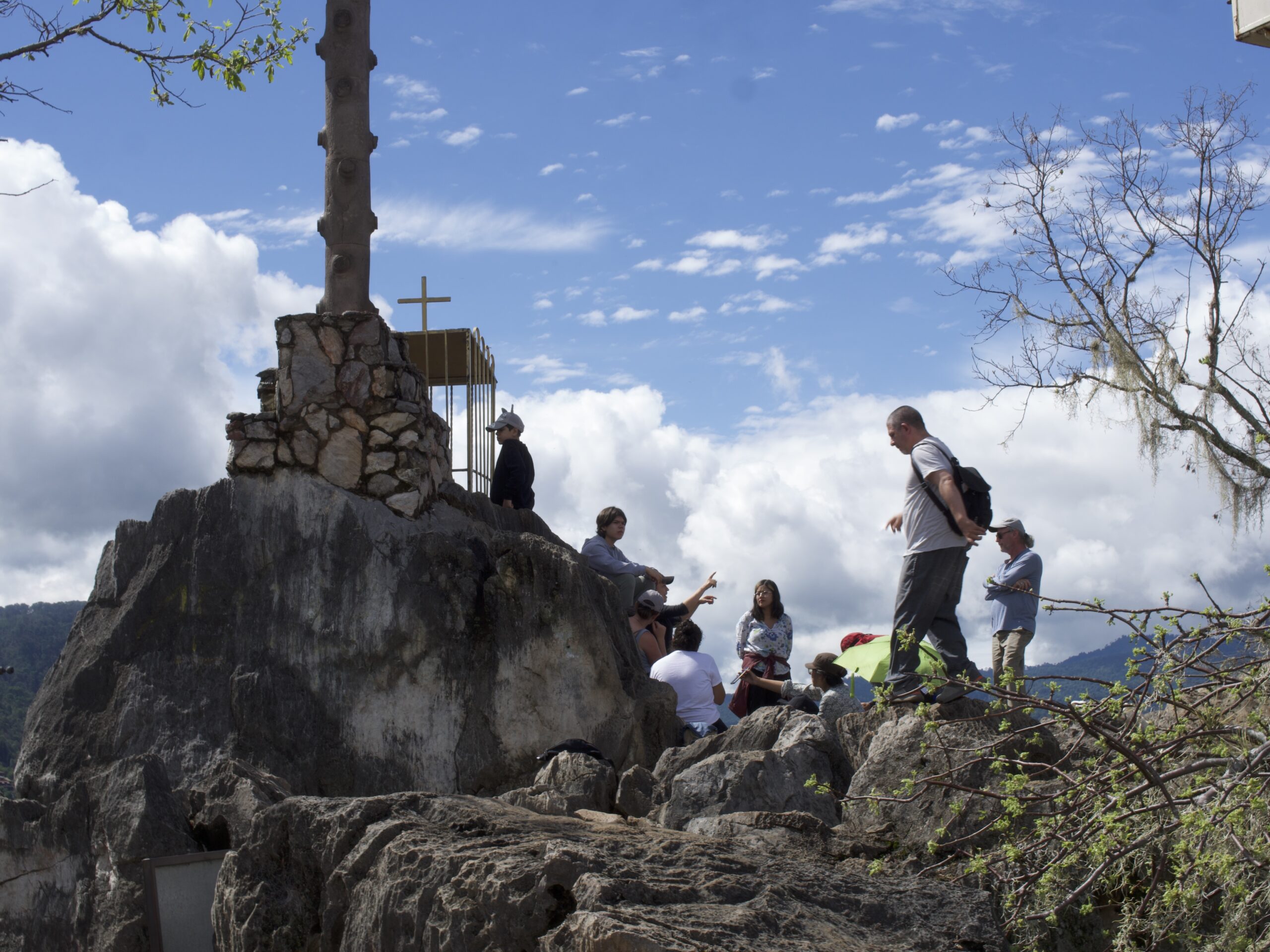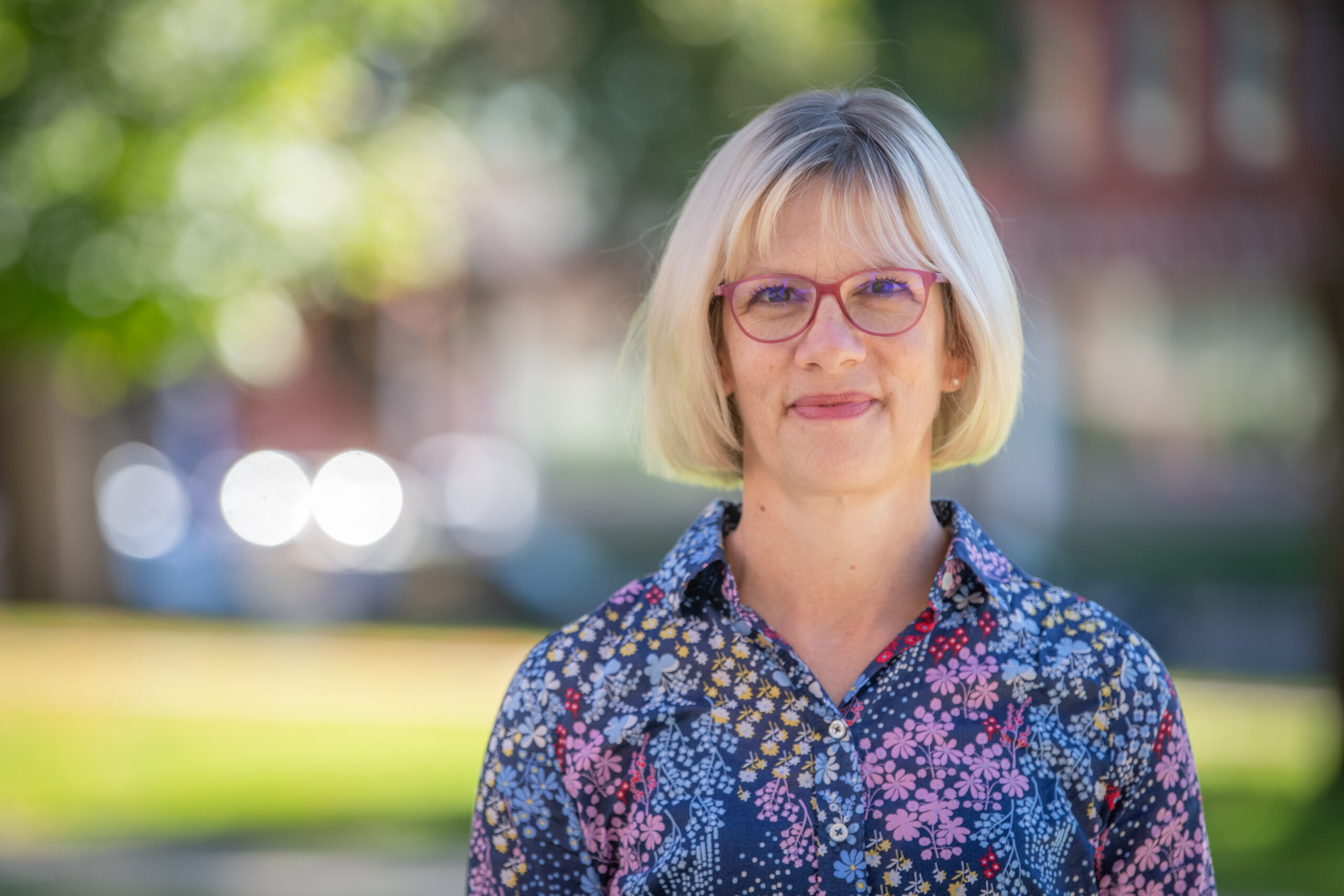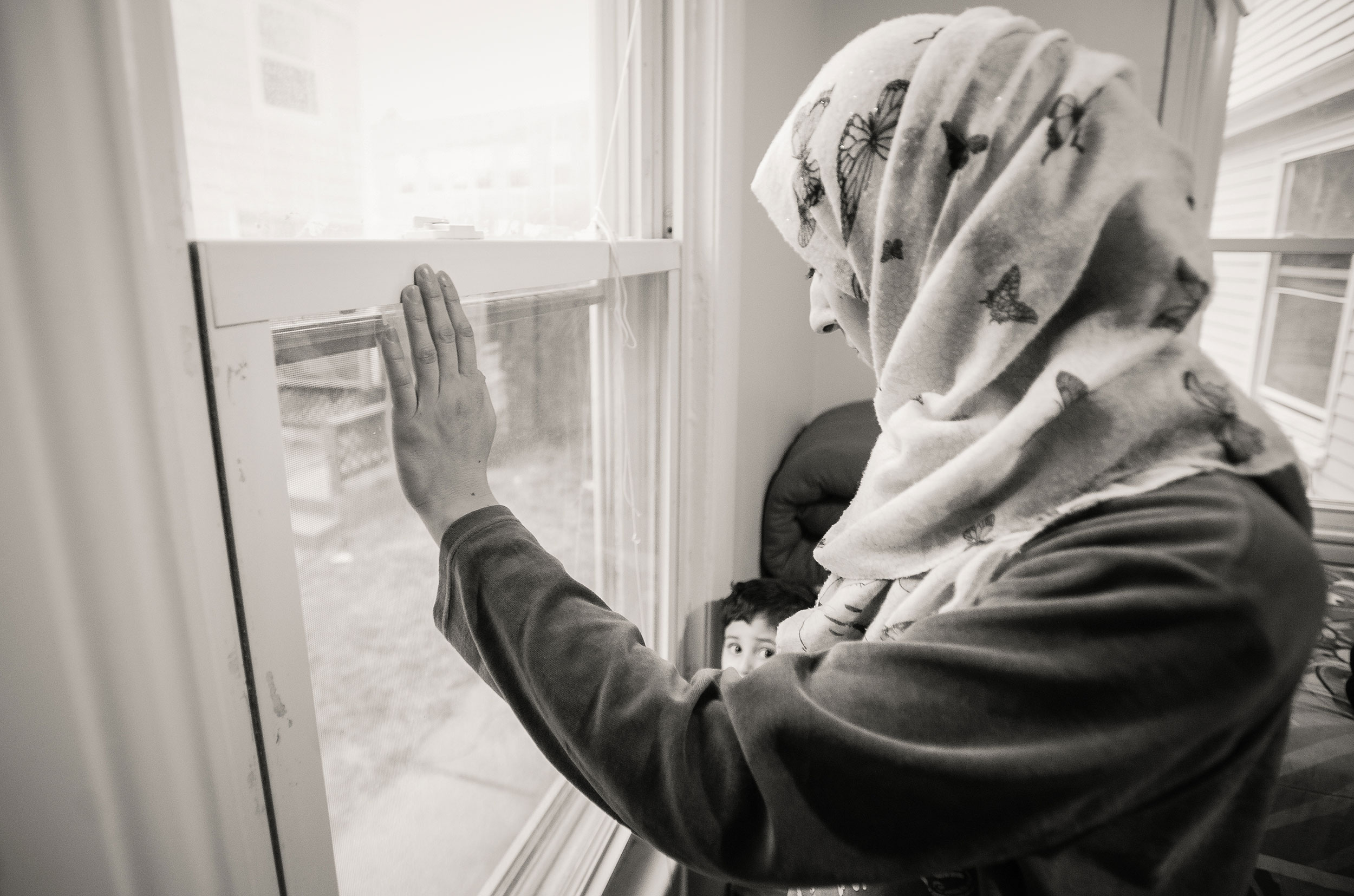Twenty-two Clark University students will spend their Thanksgiving break in a distinctly non-Norman Rockwell setting as they engage in a field course to help develop sustainable agriculture projects with staff and students from the University of Notre Dame d’Haiti (UNDH) school of agronomy in Les Cayes. The course, part of Clark’s Haiti Relief Initiative, serves as another way for Clark students to use their scholarship to learn from and assist the Haitian population, while bringing Clark one step closer to establishing a long-term partnership with the Haitian university.
From November 17 to 27, the Clark students will gain theoretical knowledge and hands-on experience while learning about the economic, ecological, and social dimensions of community food security and sustainable agriculture on this innovative 40-acre farm in Les Cayes (the main campus of UNDH is in Port-au-Prince).
“Through their interaction with the people of Haiti, they will understand the importance of decentralization, sustainable development and governance, and the reason it is so critical to the rebuilding of Haiti in the aftermath of January’s earthquake.”
— Prof. Jude Fernando
The Clark graduate and undergraduate students are participating in this experiential learning Field School project led by Jude Fernando, associate professor of international development in Clark’s International Development, Community, and Environment Department, and Hamil Pearsall, assistant professor of geographic information science for development and environment. Their students’ field project in Haiti will also comprise internships, course work, capstone projects, and research papers.
“Clark students will spend time in an environment fueled by sustainable agriculture,” Fernando said. “Through their interaction with the people of Haiti, they will understand the importance of decentralization, sustainable development and governance, and the reason it is so critical to the rebuilding of Haiti in the aftermath of January’s earthquake.”
Together, Clark and Haitian university students will conduct a survey on livelihoods, biodiversity and environmental degradation in the rural community of Les Cayes. Survey results will be used for teaching and community development at the UNDH and to develop a Livelihoods Vulnerability Index and Human Development Index for the region. The students will attend six lectures conducted by Clark and UNDH faculty; they will work on the farm to learn practices of sustainable development, and will live with rural families. They will visit the camps of Internally Displaced people and attend lectures conducted by representatives of Haitian non-governmental organizations and activists.
“In this case,” said Fernando, “having 22 Clark students ready to conduct service on-site will dramatically improve the capacity for UNDH to serve the Haitian students and the poor rural villages.”
The Field School is also a means of helping the Haitian university develop its capacity to serve its students as well as the poor rural villages. Lessons learned and information gained from the Field School will contribute to a grant proposal that Clark is writing to establish a Research, Development and Advocacy Center for Sustainable Development at UNDH, an effort pioneered by the Mosakowski Institute for Public Enterprise at Clark.
Opportunities to spend time in the field conducting research enables Clark students to apply their knowledge and Clark faculty to ensure their research evolves and incorporates present-day challenges into their scholarship, said Fernando, who led students on a humanitarian and fact-finding trip to Haiti soon after the Jan. 12 earthquake. Several of those students are participating in the November Field School.
Clark students will hold a benefit concert on Thursday Nov. 11. They have been collecting monetary donations as well as school supplies (books, notebooks, pens, pencils and erasers), sports equipment (soccer balls), over-the-counter painkillers and tents prior to their November 17 departure. They have distributed collection boxes at the IDCE House (10 Hawthorne Street, Worcester), at the Information Desk in the Higgins University Center (950 Main Street), and in the lobbies of the Residence Halls. Donations can be also dropped off at the Clark Community Thrift Store, 945 Main Street, Wednesdays through Saturdays, between 11 a.m. and 5 p.m.




